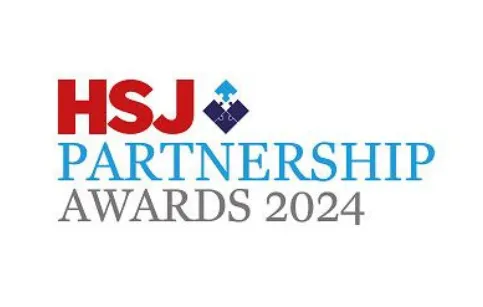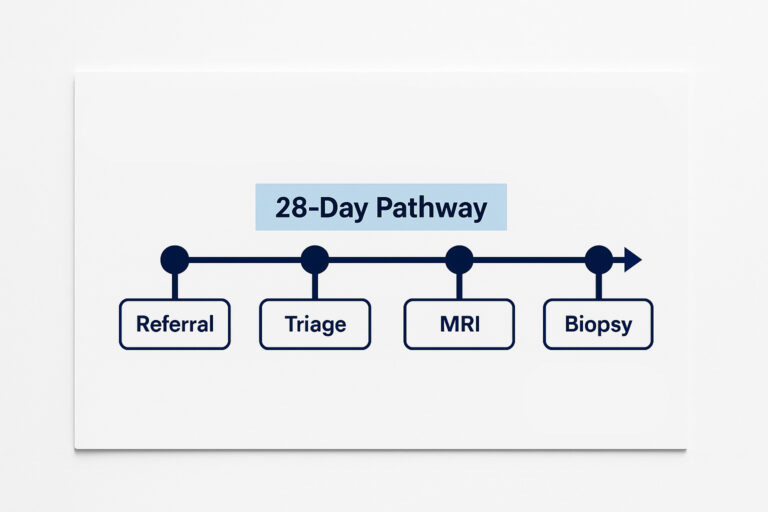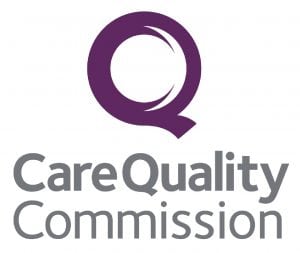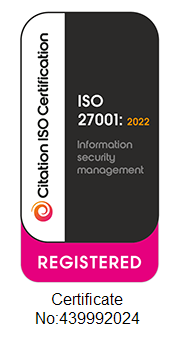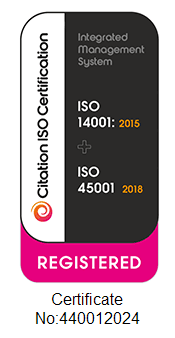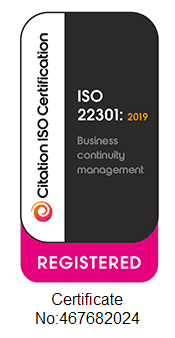Skin cancer is at an all-time high in the U.K. and overstretched NHS services are finding it increasingly hard to meet demand. Last year, Cancer Research U.K predicted the country would see around 20,800 cases of skin cancer in 2023-24. By 2038-2040, the number is expected to grow to 26,500 a year — an increase of 9%.
Despite rising skin cancer incidence, there has been a national shortage of dermatologists for more than a decade, according to the British Association of Dermatologists. Back in 2015, the industry body said dermatology was a “specialty in crisis.”
Today, hardworking NHS staff manage to diagnose skin cancer relatively quickly compared to other types of cancer. Around 83% of patients in England find out whether or not they have the disease within 28 days of referral from a GP, above the national target of 75%. But as a high-volume specialty, that still means more than 11,000 people waited more than 28 days for a diagnosis. Waits for treatment are far below national standards, with just 80% starting treatment within 31 days against a target of 95%.
Early treatment has huge benefits for skin cancer. When caught in the first stage, 100% of patients with melanoma, for example, survive ten years or more. But if it progresses to stage two, that falls below two-thirds. Less than half of patients diagnosed at stage three survive ten years or more.
A streamlined, flexible service
Dermatology services across the country are challenged, in part because of a national shortage of specialists. Trusts may find themselves paying for expensive agency staff if they struggle to employ enough substantive specialist staff.
SAH Diagnosis can help NHS trusts ramp up their dermatology capacity quickly, getting patients into treatment faster and reducing their backlogs. Our expert multidisciplinary teams diagnose patients using dermoscopic assessments, targeted biopsies and advanced imaging. We also operate fully-resourced minor operation clinics for adults and children. Our service is flexible and can be tailored to the needs of any organisation. We’ve already run 380 clinics at five different NHS trusts. We’ve performed over 4900 procedures on more than 4100 NHS patients.
Our 28-day dermatology cancer pathway ensures patients get the examinations, imaging and interventions they need within 28 days. It is a streamlined service with specific targets for each step of a patient’s journey. Our rapid reporting ensures imaging results are returned quickly. The structured pathway removes unnecessary delays and ensures patients get an answer as soon as possible.
We aim to provide face to face or virtual assessments within 14 days of an urgent GP referral, depending on the specific needs of the patient. Face to face appointments include skin diagnosis clinics, one-stop skin cancer clinics and community or hospital based “spot” clinics. Some patients are assessed virtually by experienced clinicians with access to high quality images. At this point, clinicians can usually tell if a lesion is not cancerous or diagnose basal cell carcinoma if this is the cause of a patient’s symptoms. If not, they will undergo further testing.
The biopsies and excisions required are performed between day 14 and 2 in a one-stop setting. Any pathology results should be returned by day 28, giving clinicians the information they need to give a patient the all-clear, or confirm they have cancer.
Patient-centred care
Our service is both efficient and patient-centred. We know how important it is to provide a caring and supportive environment for patients who may be worried about the outcome of their tests. The process of diagnosing cancer can leave patients feeling uncertain and anxious. It also often involves uncomfortable procedures. So we do everything we can to make patients feel calm and cared for. Our clinical staff take the time to clearly explain procedures to patients, answer questions and even provide a cup of tea and a biscuit for patients that need to spend time in a recovery area afterwards.
Patient feedback has shown us how important it is to have a caring clinical team. Staff are “amazing from [the] initial doctor’s appointment, the first consultation and then surgery,” said a patient at a partner trust in the South West.
“Excellent service,” said another. Staff “explained every step of the procedure [and were] really helpful with the questions I asked. [I was] very impressed with the caring attitude of all staff involved.”
At SAH, you can rest assured our staff will offer the highest quality service to patients at your own organisation. Last year, we even won a Gold Award at the HSJ Partnership Awards for our work with University Hospitals Leicester, whom we supported with dermatology services and an innovative mobile diagnostic unit for prostate cancer. Read about how we can support your organisation here, or get in touch to find our more.


